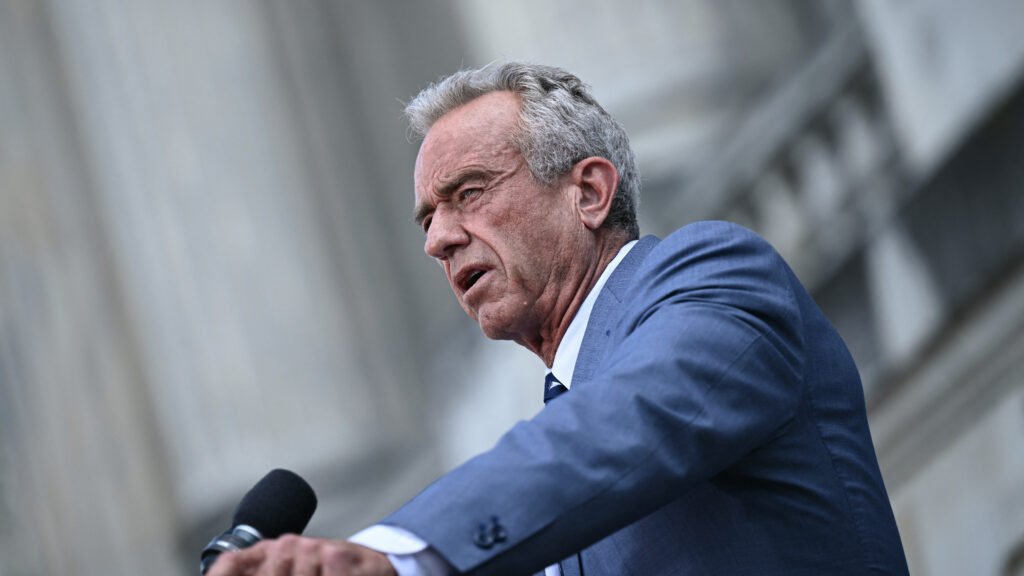The fate of the U.S. Preventive Services Task Force (USPSTF) hangs in the balance as reports surface that Health Secretary Robert F. Kennedy Jr. is considering dismissing all 16 members of the panel. The Wall Street Journal revealed this potential shakeup, citing sources who claim Kennedy views the current members as too “woke.” However, a spokesperson for the Department of Health and Human Services (HHS) stated that no final decision has been made regarding the future of the advisory panel.
The American Medical Association (AMA) has expressed deep concern over the reported changes to the USPSTF. In a letter to Kennedy, the AMA emphasized the critical role that the task force plays in guiding physicians in preventive care efforts. The AMA urged Kennedy to retain the current members of the panel to ensure continued access to evidence-based clinical preventive services.
The USPSTF has faced criticism in recent months for allegedly advocating left-wing ideologies and controversial recommendations, such as those related to HIV prevention drugs. A scheduled meeting of the panel was abruptly canceled by HHS, prompting over 100 medical groups to advocate for the protection of the task force.
There are fears within the health research community that Kennedy may be planning a purge similar to the one he orchestrated within an expert committee advising the CDC on vaccine issues. Following that purge, Kennedy appointed new members, including vaccine skeptics, to continue the panel’s work.
The recent Supreme Court decision reaffirming Kennedy’s authority over the USPSTF has added to the uncertainty surrounding the panel’s future. Established in the 1980s, the USPSTF advises the government and clinicians on proven preventive care measures. Since the implementation of the Affordable Care Act, health insurers have been required to cover services recommended by the panel, ranging from cancer screenings to HIV prevention drugs.
As the debate over the fate of the USPSTF continues, the medical community and policymakers are closely watching to see how Kennedy’s decisions will impact preventive care and public health initiatives in the United States.


